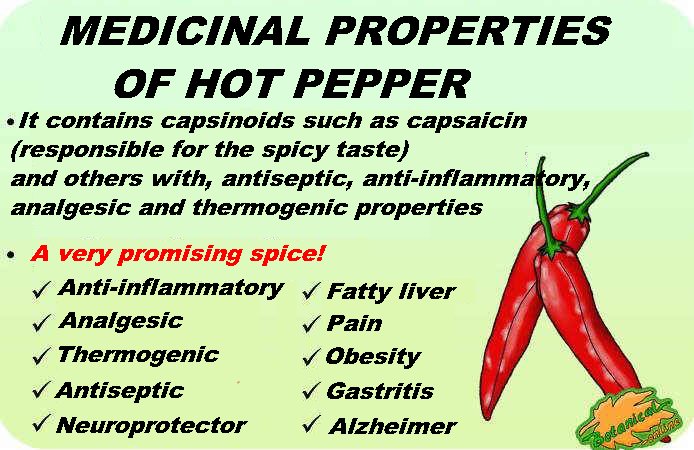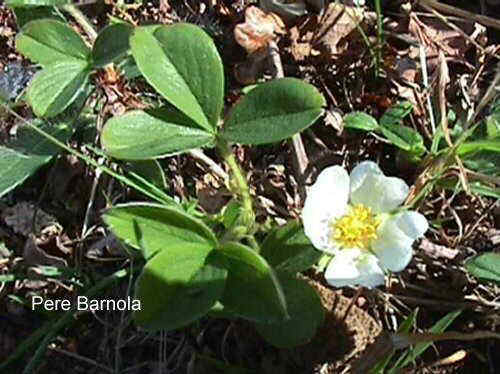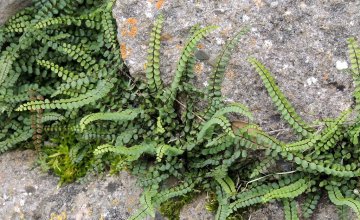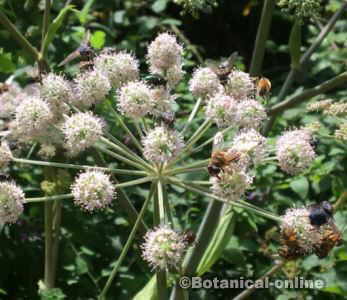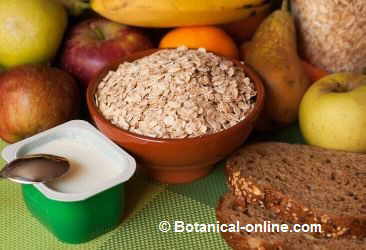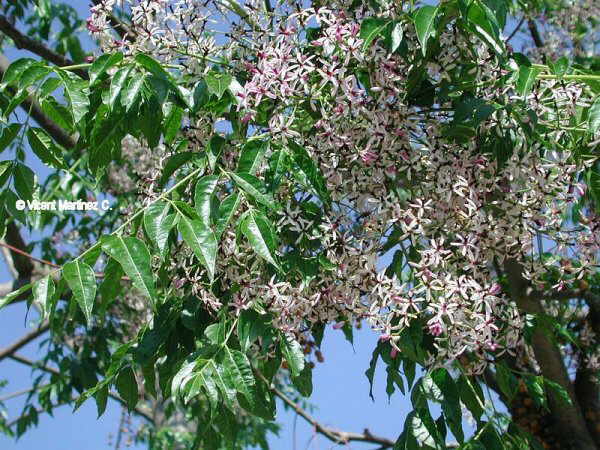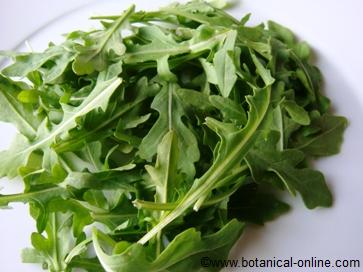Contents
- 1 Is soy good or bad?Disadvantages and benefits of soy
- 1.1 What’s with soy? Why does he have such a bad reputation?
- 1.2 Why does soy have such a bad reputation?
- 1.3 Soy to feed animals!
- 1.4 Problem with transgenic soy: too much meat is eaten
- 1.5 Is it good to eat soy?
- 1.6 Is eating tofu and soy products harmful to the planet?
- 1.7 Are you sure that soy is bad?
- 1.8 Eating meat every day is anti-ecological
- 1.9 How is an organic diet?
Is soy good or bad?Disadvantages and benefits of soy
What’s with soy? Why does he have such a bad reputation?
Soybean (Glycine max) is an Asian legume rich in proteins (20%) that it is cultivated intensively. The majority of soybean crops in the world are transgenic and produce great damage in the ecosystem.
Why does soy have such a bad reputation?
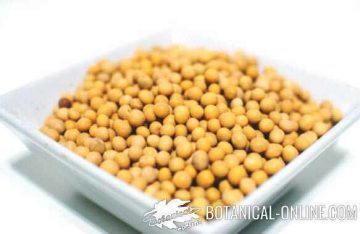
Many environmental groups warn of the great environmental impact of the current intensive crops of soybeans, which are destroying hectares of natural spaces on all continents and destroying the native biodiversity of these countries, which is devastating for the health of the planet.
For this reason, many people reject the consumption of this legume and its derivatives (tofu, tempeh, miso, etc.). But the human consumption of these foods is not the real reason why this environmental damage occurs.
Soy to feed animals!
In recent years, the vast majority of soybean crops that are produced are not for human consumption. Soy has been consumed in Asia for centuries, and this has never been a problem for the health of the planet.
Soy is grown intensively to feed animals and meet the huge demand for meat from markets.
Problem with transgenic soy: too much meat is eaten
The root problem of transgenic soy is the exaggerated consumption of meat that occurs in most developed or developing countries.
All people who eat meat daily are encouraging the intensive cultivation of transgenic soy, because these crops are mainly used for the production of animal feed.
Eating meat every day is anti-ecological, even if it has the seal of organic production. It is necessary to use many natural resources to feed the animals to be able to consume meat: feed, liters of water (both for the animal, as for the crops that feed it), fuel for transportation, etc.

Is it good to eat soy?
As it has been explained, what promotes the cultivation of transgenic soy is the daily consumption of meat, not the consumption of soy, tofu, tempeh, etc., which results in a small percentage of these crops.
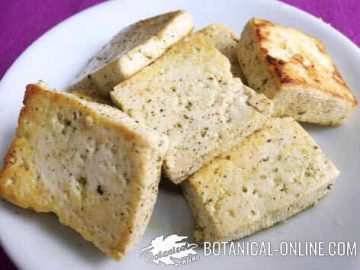
Therefore, that humans consume soy or its derivatives is not bad for the planet, but quite the opposite. For the planet, it is better to have tofu (or another vegetarian protein option), than a piece of meat from an animal that has been fed with kilos of transgenic soybeans.
This Asian legume has been consumed for centuries in a traditional way in human nutrition without harming the planet. It is a very nutritious food due to its enormous protein richness (20%) and numerous health benefits, such as its benefits for menopause.
Like all legumes, it is rich in fiber, minerals and vitamins, although It can be indigestible if it is not soaked and if it is not cooked properly.
Is eating tofu and soy products harmful to the planet?
That humans consume soy or its derivatives is not the cause of these damages on the planet, but on the contrary. For the planet, it is better to have tofu, than a piece of meat from an animal that has been fed with kilos of transgenic soybeans. In many countries it is possible to acquire non-transgenic soybeans or with an ecological certificate.
Are you sure that soy is bad?
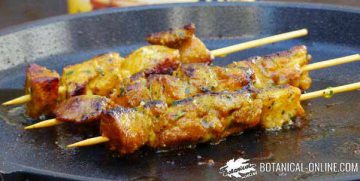
The issue is not that soybeans are bad, but that there is a need to produce a lot of vegetable food to grow animals and satisfy the enormous demand of current meat (veal, chickens, lambs, turkeys, etc.).
Therefore, the issue is that the exaggerated consumption of meat is bad, since transgenic soybeans are produced intensively to feed the animals from which we obtain meat.
With the new technologies it has been possible to develop transgenic soybean (GMO or genetically modified), with which more productive crops have been achieved and with fewer pests, more resistant to herbicides and pesticides.
The intensive crops of transgenic soy are only one part of the planet’s ecological problem. If the transgenic soybeans or maize did not exist, other plants would be used for their intensive cultivation, for example transgenic chickpeas.
Eating meat every day is anti-ecological
Common sense tells us that the most organic foods are vegetables, since in general meat has a greater environmental impact than crops, even if it is organic meat.
Many kilos of vegetables are needed to feed an animal, which will then provide meat for a few people. In contrast, the same kilos of vegetables that serve to fatten the animal could feed many more people.
How is an organic diet?
An organic diet consists of eating plenty of plant foods: potatoes, chickpeas, lentils, peas, tofu, spinach, onions, carrots, avocado, bananas, tomatoes, peppers, apples, cherries, medlars, dandelions, mangoes, kiwis, chia or flax, sesame, walnuts, almonds, hazelnuts or other nuts (without salt and without frying), virgin oil and protein-rich foods such as eggs.
Some initiatives to reduce the environmental impact of meat are, for example, Monday without meat that schools, restaurants and individuals carry out. However, many more measures are necessary to curb the current consumption of meat.
![]() More information on soy
More information on soy

